|
As COVID cases surge across the country, pressure has been mounting on the federal government to provide rapid antigen tests to Australians for free.
Prime Minister Scott Morrison announced on Wednesday concession card holders could receive up to ten free tests over a three-month period, but ruled out providing them to all Australians. Earlier in the week he said: “We’re now in a stage of the pandemic where you can’t just make everything free”.
But what does the economics actually say? A group of researchers from Flinders University conducted an economic analysis of the case to make rapid antigen tests free for everyone.
Their model suggests it’s highly likely be cost-effective because it would prevent many new COVID cases, and their associated health costs.
The Commonwealth had four options this week to set the pricing and availability of rapid antigen tests. Stephen Duckett argues national cabinet made the wrong call, and should scrap its current plan and instead make rapid antigen tests free for all.
|

|
Liam Petterson
Deputy Editor, Health + Medicine
|
|
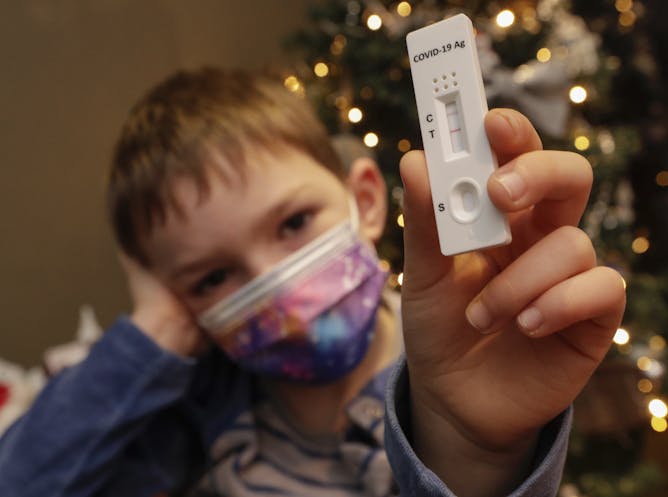
Jonathan Karnon, Flinders University; Billie Bonevski, Flinders University; Hossein Haji Ali Afzali, Flinders University
Even minor reductions in COVID transmission rates due to early isolation would justify the additional costs associated with the policy.
|
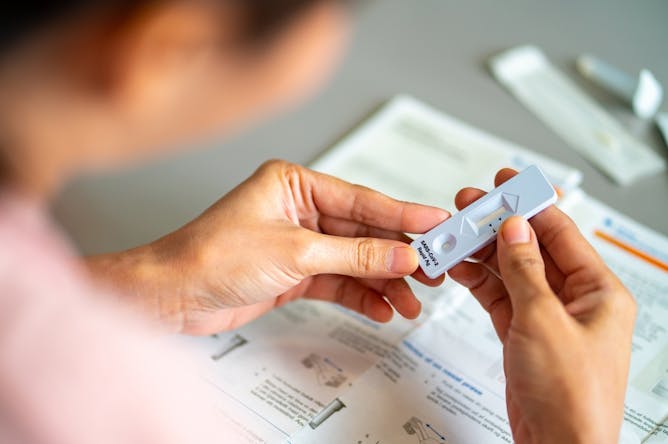
Stephen Duckett, Grattan Institute
Free rapid antigen tests makes public health sense and economic sense.
|
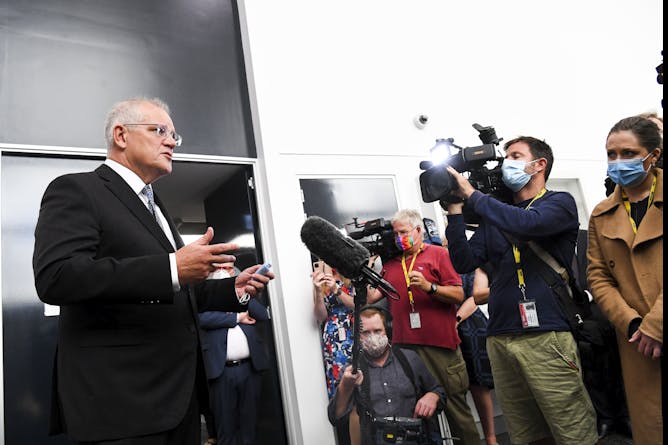
Denis Muller, The University of Melbourne
The prime minister’s media strategy, focusing on selling his message through ‘friendly’ outlets, is showing signs of unravelling.
|
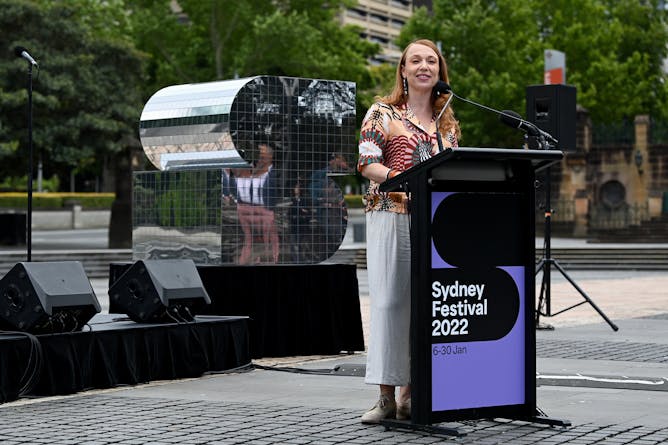
Jo Caust, The University of Melbourne
Artists are some of the poorest people in our community, and yet are prepared to forgo their limited income to support fellow artists from other countries – in this case Palestine.
|
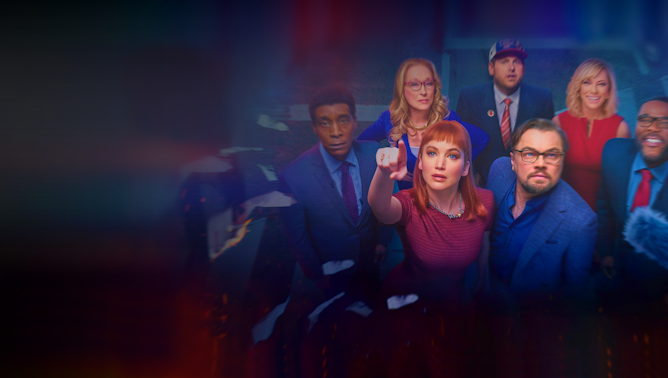
Steven Hail, Torrens University Australia
The movie is more than a metaphor for climate change. It is a metaphor for where 40 years of neoliberal economic policies have left us.
|
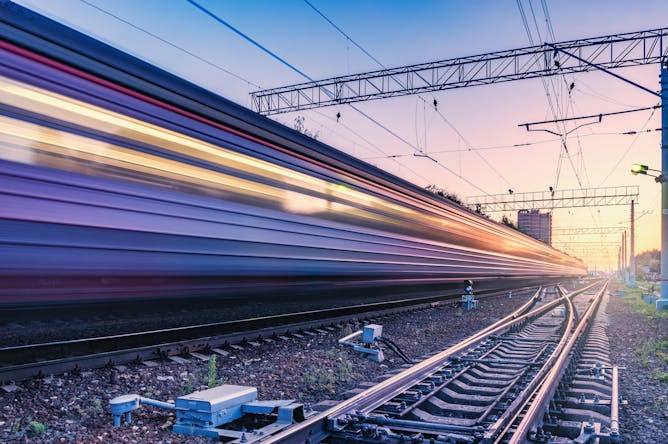
Richard Holden, UNSW
Anthony Albanese’s plan for high-speed rail between Sydney and Newcastle could well be worth the cost, so long as he doesn’t muddy it with 1970s-style industry policy.
|
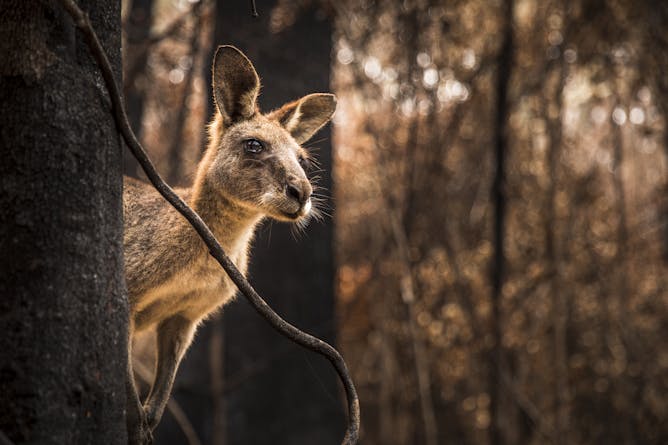
Chris J Jolly, Charles Sturt University; Dale Nimmo, Charles Sturt University
Animals are surprisingly good at avoiding fire - but can they survive the unprecedented megafires we now face?
|
Environment + Energy
|
-
Ian Wright, Western Sydney University
A draft plan for Sydney’s water supplies includes expanding desalination and potentially adding highly treated sewage to drinking water. All options must be on the table as the climate warms.
|
|
| |
Featured jobs
|
|
|
| |
| |
| |

|
| |
| |
| |
Featured Events & Courses
|

|
— Victoria, Australia — The Conversation Weekly Podcast
|

|
— Australian Capital Territory, Australia — Politics with Michelle Grattan
|

|
— UNSW Sydney, Sydney, New South Wales, 2052, Australia — UNSW
|

|
— UNSW Sydney, Sydney, New South Wales, 2052, Australia — UNSW
|
|
|
|
| |
| |
| |
| |
| |
|
|